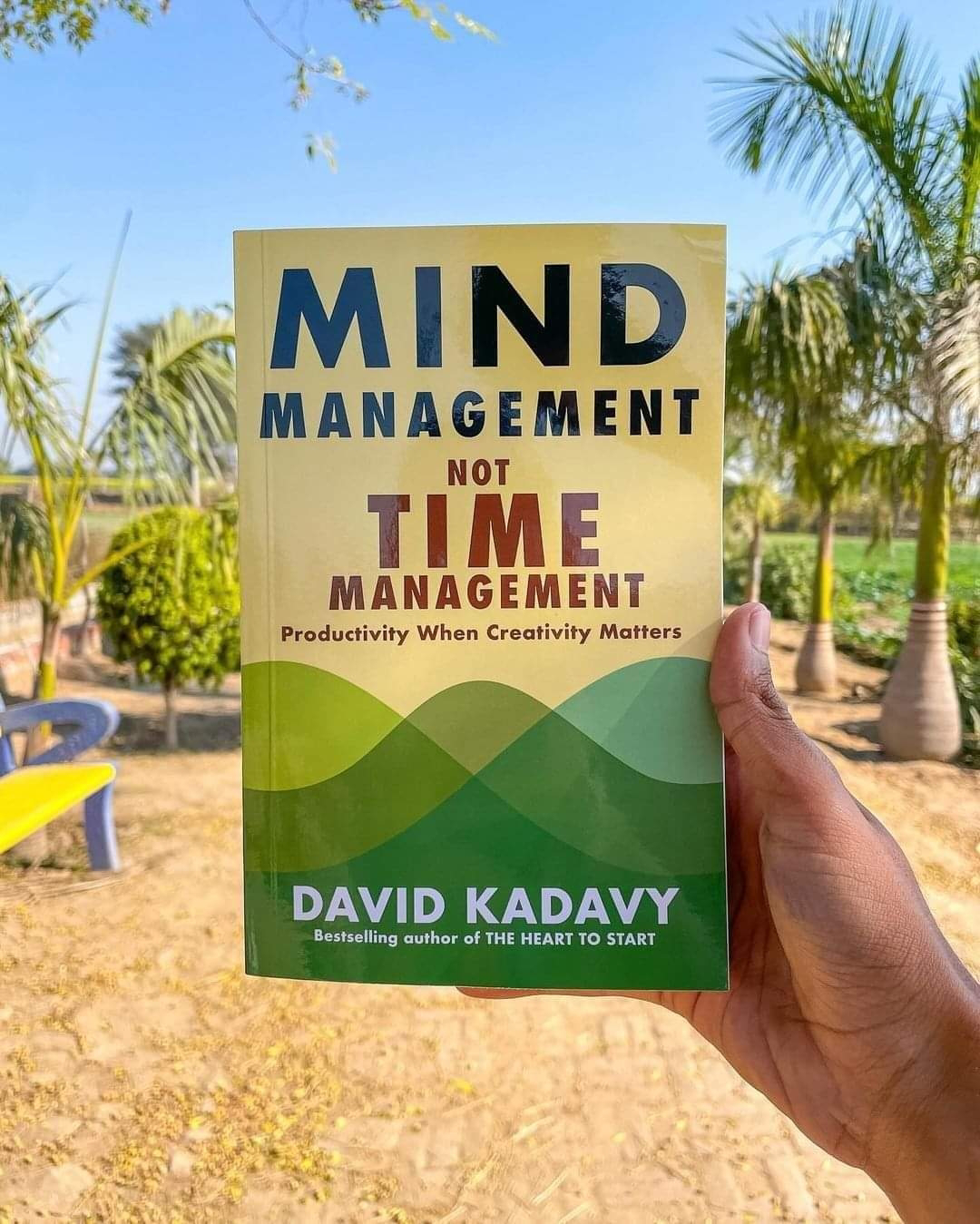Here are some key takeaways from the book:
1. Prioritize your tasks: Kadavy emphasizes the importance of setting priorities. It's crucial to know which tasks are most important and will have the greatest impact on your goals. By focusing on high-priority tasks first, you can ensure that your time and energy are allocated efficiently.
2. Avoid multitasking: Contrary to popular belief, multitasking can be less productive and more draining. Kadavy suggests focusing on one task at a time and giving it your full attention. This allows for deeper engagement and better results.
3. Embrace deep work: Deep work refers to periods of uninterrupted, concentrated work. The author stresses the significance of creating dedicated blocks of time for deep work, during which distractions are minimized. These focused sessions can lead to higher-quality output and increased productivity.
4. Manage distractions: To improve time management, it is necessary to identify and manage distractions effectively. Kadavy advises developing strategies to minimize interruptions, such as turning off unnecessary notifications, setting aside specific time for email and social media, and creating a conducive environment for concentration.
5. Leverage your energy cycles: Understanding your individual energy cycles is crucial for optimizing productivity. Kadavy suggests identifying your peak energy periods and scheduling demanding or creative tasks during those times. Conversely, less demanding activities can be planned for lower-energy periods.
6. Cultivate a growth mindset: Developing a growth mindset enables you to approach challenges and setbacks as opportunities to learn and grow. Kadavy emphasizes the importance of reframing failures and setbacks positively and using them as stepping stones for improvement rather than feeling discouraged or defeated.
7. Take breaks and rest: Rest and rejuvenation play a vital role in maintaining productivity and well-being. The author advises incorporating regular breaks into your work routine, allowing your mind to recharge and preventing burnout.
8. Set realistic goals: Setting achievable and realistic goals is essential for effective time management. Kadavy emphasizes the importance of breaking down larger goals into smaller, actionable steps to ensure progress and prevent overwhelm.
9. Cultivate self-awareness: Developing self-awareness allows you to understand your habits, strengths, weaknesses, and patterns of behavior. This knowledge can help you identify areas for improvement and implement strategies to enhance productivity and time management.
10. Embrace simplicity and minimalism: Simplifying your workflow and removing unnecessary clutter from your life can lead to increased efficiency and focus. Kadavy encourages decluttering both physical and digital spaces, reducing commitments and distractions, and adopting a minimalist mindset.
"Mind Management Not Time Management" offers valuable insights and practical techniques to enhance productivity, manage time effectively, and cultivate a more mindful approach to work and life.
Book: https://amzn.to/3xaeTJi
You can get the audiobook for FREE by using the same link above when you register on the Audible platform.

No comments:
Post a Comment